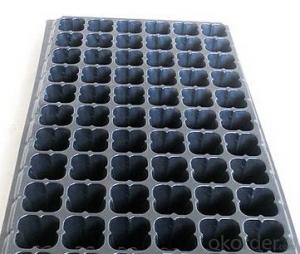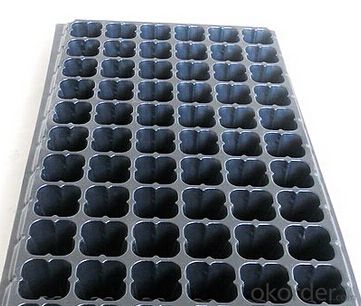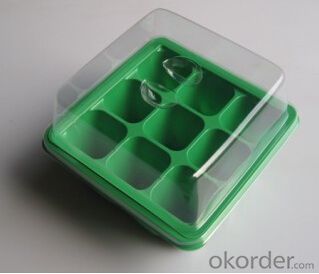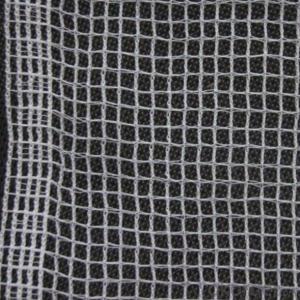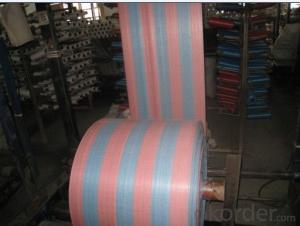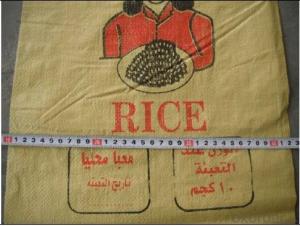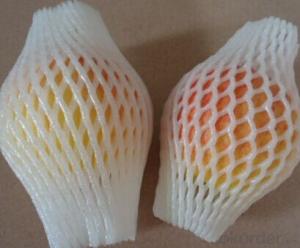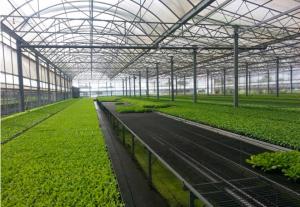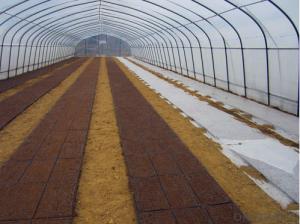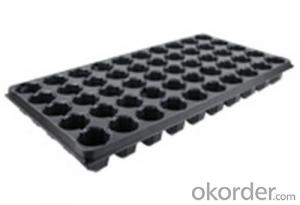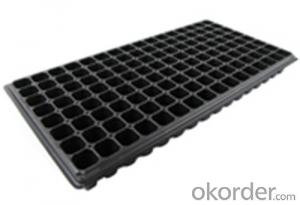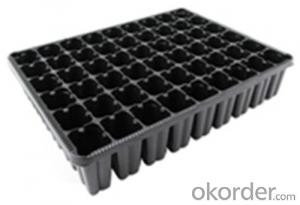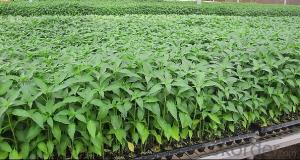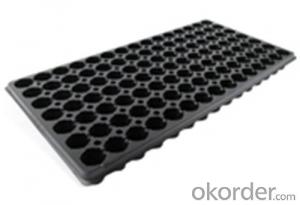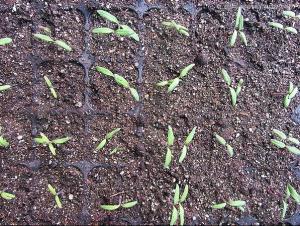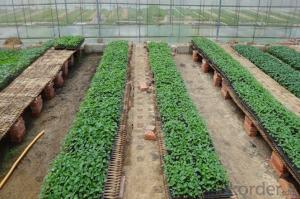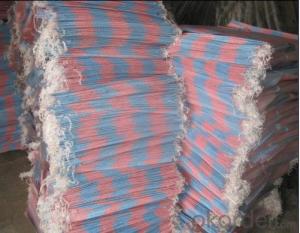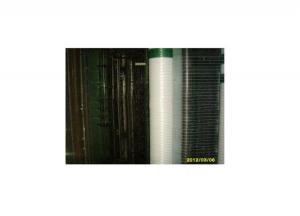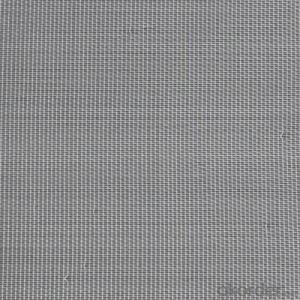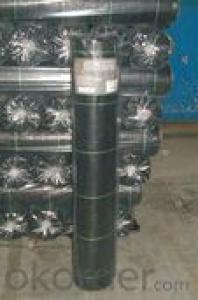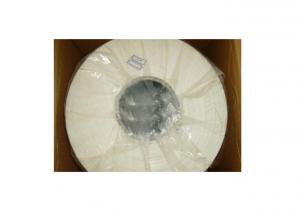Propagate seeding set/grow seedlings pot/Plastic Propagation Nursery Tray
- Loading Port:
- Ningbo
- Payment Terms:
- TT OR LC
- Min Order Qty:
- 10000 pc
- Supply Capability:
- 10000000 pc/month
OKorder Service Pledge
OKorder Financial Service
You Might Also Like
Feautures
Germination station with electric heat, humidity control and 72-cell seedling inserts
Provides gentle warmth to the planting bed; controls humidity under 2-inch dome
Humidity dome with dual vent points for optimal airflow
Includes seed starting booster, instructions with growing tips
Watertight base tray measures 11 by 22 inches
Heated Germination Station seed starting system Offers increased growing success by providing gentle warmth to the planting bed and by controlling the humidity under the dome, much like a greenhouse.
Includes 17 watt, UL listed, waterproof heat mat and 11 inch x 22 inch watertight growing tray with a 72 cell seedling insert and instructions.
ADVANTAGES OF OUR PLASTIC SEEDLING TRAY
1,Our seeding trays are with good intensity, strong enough and suitable for long distance transportation and mechanization of transplanting and they have good abilities of water retention.
2, If our seed tray don’t meet your request , we can also develop new mould for the seed tray you need .
3,Our seeding tray is high quality with competitive price ,and they are Eco-Friendly , Recyclable and Reuse.
4,Fast delivery : we can finish your order with in 10-20 days according to your order quantity .
- Q: Are nursery trays suitable for herbaceous perennials?
- Yes, nursery trays are generally suitable for herbaceous perennials. These trays provide a controlled environment for the germination and early growth of plants, allowing for efficient propagation. The trays help in maintaining consistent moisture levels, provide adequate space for root development, and can be easily transported. However, it is important to note that the specific requirements of each herbaceous perennial should be considered to ensure optimal growth and health.
- Q: This question asks if agricultural plastic bags can be recycled and turned into new bags.
- <p>Yes, agricultural plastic bags can be recycled into new ones. The process involves collecting, sorting, and cleaning the bags, followed by shredding and melting them into plastic pellets. These pellets are then used to manufacture new plastic products, including new agricultural bags. Recycling agricultural plastic helps reduce waste and conserves resources by reusing materials that would otherwise end up in landfills.</p>
- Q: Because I heard some plastic types just release a bad gas and char...but I will be melting them with a heat gun if that makes any different...just blows hot air
- Although all plastic is fundamentally the same, plastic is made by adding different chemicals together to come up with a compound of those chemicals. The use of the plastic would determine which receipt of chemicals to use to obtain the attributes you want for the finished product. Short answer, you'd have to know what was the intended use of the plastic you want to melt, to know if would be appropriate for your needs.
- Q: for example,plastic bags,plastic bottles etc.....
- Nowadays, okorder /
- Q: Can agricultural plastic products be used in hydroponic systems?
- Yes, agricultural plastic products can be used in hydroponic systems. In fact, many hydroponic systems utilize various types of agricultural plastic products such as grow bags, trays, and tubing to support plant growth and provide a sterile environment for the roots. These plastic products are designed to be durable, lightweight, and resistant to water and chemicals, making them suitable for hydroponic applications.
- Q: This question asks whether the use of agricultural plastic can lead to soil erosion.
- <p>Yes, agricultural plastic can contribute to soil erosion. When plastic mulches are used and not properly managed, they can leave residues in the soil that disrupt the natural structure and water infiltration, leading to increased runoff and erosion. Additionally, plastic residues can reduce soil biodiversity and the activity of beneficial organisms, which are crucial for maintaining soil health and preventing erosion. Proper disposal and recycling of agricultural plastics are essential to mitigate these effects and protect soil quality.</p>
- Q: Can nursery trays be used for starting ground ferns?
- Yes, nursery trays can be used for starting ground ferns. The trays provide a suitable environment for germination and early growth of ferns, allowing for easy monitoring and care.
- Q: Can ground cover be used around trees and shrubs?
- Yes, ground cover can be used around trees and shrubs. Ground cover plants can help suppress weed growth, retain moisture in the soil, and provide an attractive and uniform appearance to the area surrounding trees and shrubs.
- Q: Are nursery trays suitable for starting vegetable seeds indoors?
- Yes, nursery trays are suitable for starting vegetable seeds indoors. They provide a controlled environment for seed germination and growth, allowing for easy monitoring and maintenance. The trays also have separate compartments, allowing for organized seed placement and preventing root entanglement. Additionally, the trays have drainage holes, preventing waterlogging and promoting healthy root development. Overall, nursery trays are a convenient and effective option for starting vegetable seeds indoors.
- Q: What are the benefits of using ground cover in a garden?
- Using ground cover in a garden provides numerous benefits. Firstly, it helps to suppress weed growth by forming a dense mat that shades the soil and prevents sunlight from reaching weed seeds. This reduces the need for manual weeding and ensures that the garden looks neat and tidy. Additionally, ground cover acts as a natural mulch, helping to retain moisture in the soil, prevent erosion, and regulate soil temperature. It also improves soil fertility by adding organic matter as it decomposes, enhancing the overall health of the garden. Moreover, ground cover plants often have shallow root systems, which aid in preventing soil compaction and improving soil structure. Lastly, ground cover adds aesthetic value to the garden, adding texture, color, and interest to the landscape.
Send your message to us
Propagate seeding set/grow seedlings pot/Plastic Propagation Nursery Tray
- Loading Port:
- Ningbo
- Payment Terms:
- TT OR LC
- Min Order Qty:
- 10000 pc
- Supply Capability:
- 10000000 pc/month
OKorder Service Pledge
OKorder Financial Service
Similar products
Hot products
Hot Searches
Related keywords
